Actually, even the 'America First' slogan was to target the allies too because cost and benefit are logically defined in relation to them, not the adversaries with whom you have no economic or political ties. Aligned with such policies, Trump has always slammed the considerable expenditures made by the US on defending its allies like Saudi Arabia as unfair. Accordingly, in his administration, there were some great expectations for a strategic change regarding the ties with America’s traditional allies, including Saudi Arabia.
After he took office, however, he turned the page by making his first foreign trip to Saudi Arabia and signing billion-dollar contracts with the Kingdom. But why did it happen? Why has that heated censure gone cold and the two countries have even closer ties now compare to their relations under Obama? The answer is quite simple: Saudis’ petrodollars flooding in the US through arms deals and their huge investment in America.
It seems to be clear enough so far; 'Trump the Businessman' and a lucrative deal. In fact KSA paid for its own security through the arms deals and direct investments in US. Therefore, not only is there a need for Trump to insist on criticizing Saudis, but also he can take advantage of their policies in the region by supporting the country in numerous cases such as Yemeni crisis, Qatar case, resignation of the Lebanese prime minister and deterring Iran and Mohammed bin Salman’s ascendance to power. However, here lies the question; is the Saudi cost for America limited to economy only?
If one adopts a merely economic view, the answer would be yes, but there are alternative answers to this question too. The realistic view of international relations and foreign policy does not restrict itself to economy only, and the main role in this approach is played by security and strategic dimensions. If we look realistically, we will instantly find out that the costs paid by Saudi for US have not been merely economic. In fact, KSA has imposed tremendous strategic costs on US as well. Therefore, it cannot be compensated for easily only through some arms deals and direct investments.
Saudi officials are pursuing an extremely dangerous agenda, by which they have the potential to start another war in the Middle East. Not only could such an assumed war be a source of problem for Saudi’s rivals and adversaries, but it can also have disastrous consequences for US and its allies. Saudi actions as we have witnessed them in Qatar, Lebanon and even inside the country – recent arrests of princes and royal family members – have done no more than making the atmosphere much tenser. Quite interestingly, all the above-mentioned actions have been done with Americans only watching, but worse, some argue that US is fully aware of the Saudi agenda. The strategic costs for US, however, are huge and if not prevented, they could seriously destabilize the region more than ever. What follow are only a number of strategic costs for US instigated by Saudi Arabia:
1- In case of a probable military conflict between Iran and KSA in the (Persian) Gulf, oil flow to international markets could be severed or at least hindered. Although US oil might fulfill US domestic needs, a possible blockage would strike international markets and economic systems critically and would definitely include US as well.
2- The challenges created by Saudis and their consequences have distracted the efforts made to fight ISIL. This will cause ISIL and terrorist threats to continue targeting the West and especially the United States.
3- Many argue that Saudi Arabia would have never been capable of performing such maneuvers in its foreign policy comfortably without US implied or explicit consent. Consequently, countries around the world would reach the conclusion that US is an accomplice in Saudi’s destabilizing actions and such perception could have undeniably grave impacts on US public diplomacy and influence its stance among countries in the region – Turkey, Qatar, etc. - and beyond.
4- Due to a dramatic increase in tensions in the Middle East, other trans-regional great powers have entered the region actively, and this would oblige the US to consider such newcomers significantly in the developments of the region.
What was mentioned is just a handful of strategic costs and adverse effects that Saudi conduct and actions would impose on the US. However, they reveal the unequivocal proof that Saudi costs are not limited to economic ones and this must raise the alarm for American statesmen and strategists to consider strategic costs in their calculations.
As a result of doing so, they would rethink their relations with KSA and might come to the conclusion that it is definitely not worth allowing the Saudis to follow their malign activities in the region just because they buy American weapons and invest heavily in America’s heartland.
BS/PR



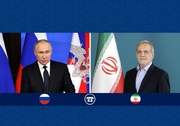
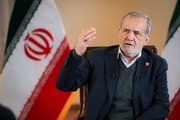

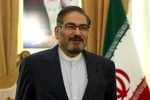
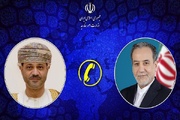
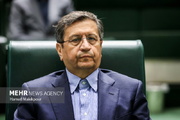
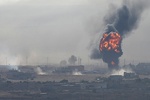
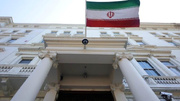

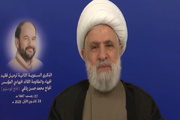





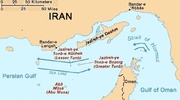







Your Comment